Jeff Long and the first ever College Football Playoff Committee have the toughest job in sports at the moment. (A weekly check of Long’s Twitter mentions reinforces this opinion.) Not only are they attempting to do something that’s never been done before in deciding the teams for the first ever college football playoff, they have to do so under intense scrutiny and national pressure week after week. Although it may be great for ratings and the national college football debate that feeds the sport so much, it’s doing more harm than good when it comes to the actual process of picking football’s first Final Four.
Compare the work of the college football committee to their basketball brethren. Imagine the NCAA Tournament Selection Committee having to roll out a list of their Top 125 teams week after week after week. Imagine them trying to justify why a certain team was slotted where from week to week, why they moved up, why they moved down, what factors were important, etc. It would be a Herculean, if not impossible task to do fairly and equitably without having the entire body of work on which to judge.
That’s exactly what ESPN and the sport are asking the playoff committee to do, and it’s leading to skepticism of their ability to do the job of picking the top four teams in college football.
At Fox Sports, Stewart Mandel presents one of the glaring inconsistencies from this week’s rankings and the explanation given from Arkansas AD Long. He said that Alabama moved all the way up to #1 because of their “game control” against Mississippi State (“game control” is apparently now the phrase du jour in college football, whatever it means…). However, he also said that Mississippi State stayed in the Top 4 because they remained in the game. How is that possible if Alabama controlled it throughout…
However, one does wonde (sic) whether they’re applying this metric selectively. Even in the course of his short ESPN interview, Long both praised Alabama for controlling last weekend’s Mississippi State game throughout but then explained the Bulldogs’ No. 4 ranking in part by saying “you never felt they were out of it.”
There’s even more vagueness in the comparison between the top teams. The committee says the difference between the top teams is very small. Well… just what does that mean? How close is it really? We have no idea, we’re just supposed to get caught up in the debate regardless.
We keep hearing how head-to-head is only just one factor in the committee’s thinking and that’s why TCU is staying ahead of Baylor in spite of their close loss in Waco. TCU has a stronger schedule and more impressive wins. Well, what about Alabama and Mississippi State? Their resumes aren’t that far apart as Mississippi State has beaten the same number of teams currently in the Top 25 as Alabama has – one. So just how much of a role does head to head play? Why is one so far ahead (Alabama) and the other (Baylor) so far behind? Is it being consistently applied across the board?
Furthermore, why did Alabama so easily leapfrog to the head of the class as they always seem to do? Oregon, who Alabama jumped this week, has three victories against teams in the Top 25. Nick Saban’s deal with the devil is just that good evidently!
These are questions we don’t have good answers to at the moment because, frankly, the committee is making it up as they go along. And that’s not a criticism because they have to do so since this work has never been done before. However, the weekly show on ESPN puts them in a position where the experimental process is laid bare for the world to see. And that leads to open season on the College Football Playoff committee to find every possible inaccuracy and inconsistency. Instead of waiting and exploring the committee’s work at the end of the season and looking at the full body of work, we’re left to debate the true meaning of “game control”… if that’s something that even exists.
The committee has said they go in with a blank slate every week, but human nature tells us that’s impossible. The only true “blank slate” would be if the committee did their work in secret and revealed their one and only rankings at the end of the season. The only real reason why they aren’t is because ESPN and college football itself feeds off the weekly debate – almost like it needs it to survive. It needs the viewers. Needs the buzz. Needs the debate. Except instead of debating pollsters and computers in the BCS era, we’re debating what Condi Rice and Tom Osbourne must be thinking.
Even though there are no metrics to fully capture it, we feed on details like Ohio State’s climb up the rankings. We feed on debating whether or not Missisippi State should stay in the Top 4 or fall out. We feed on silly semantics debates like “best” versus “most deserving” even though they should be the same thing. It’s a uniquely college football thing to do. And it doesn’t even have to be this way. Basketball has their bracketologists and bubble watches that are already starting – why can’t football do the same? Let us handle the debating and speculation. Let the committee handle the rankings.
It would be much better for college football if the playoff committee stayed out of sight until the final whistle sounded on the regular season. But what’s better for college football isn’t always where the sport’s priorities have been.

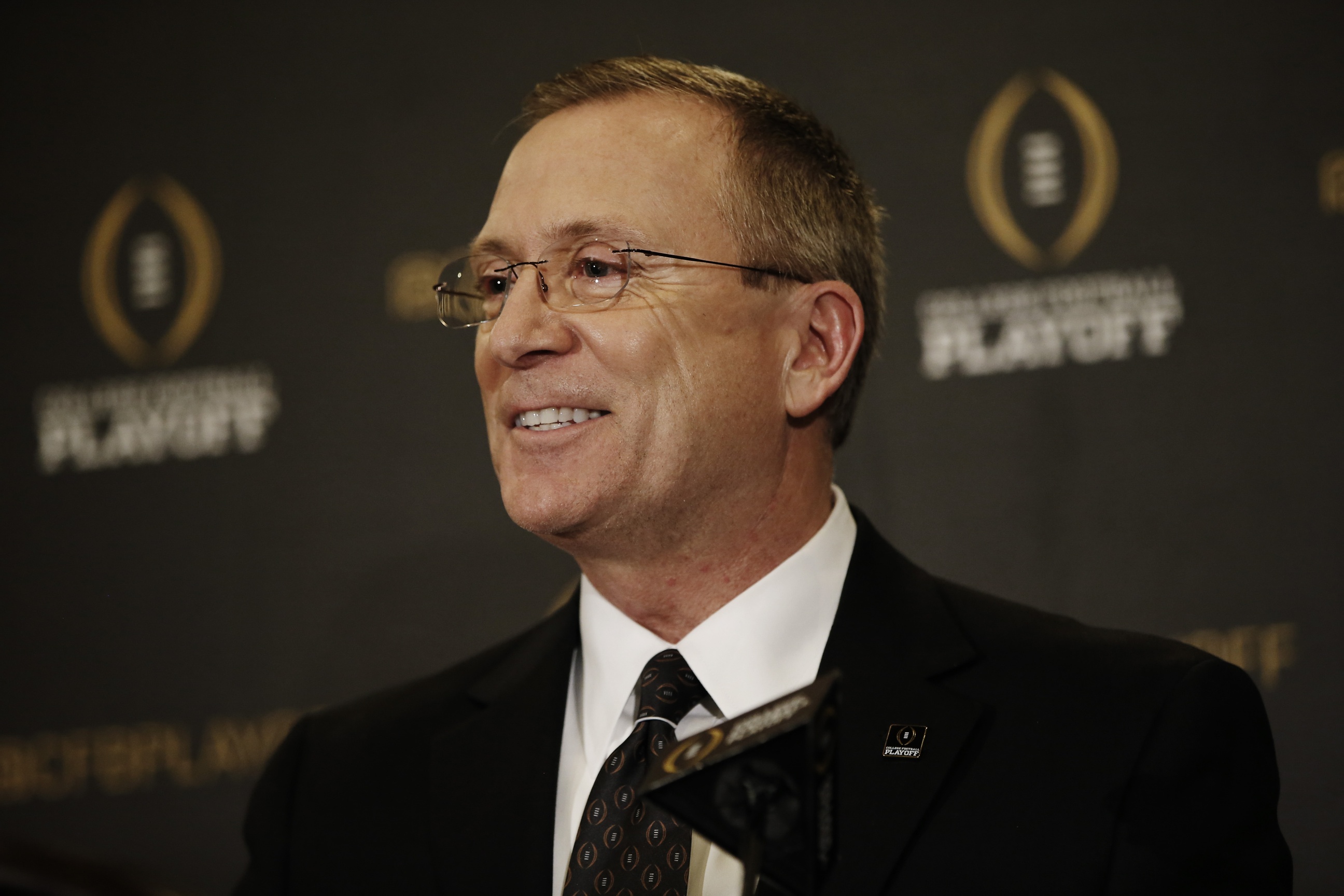
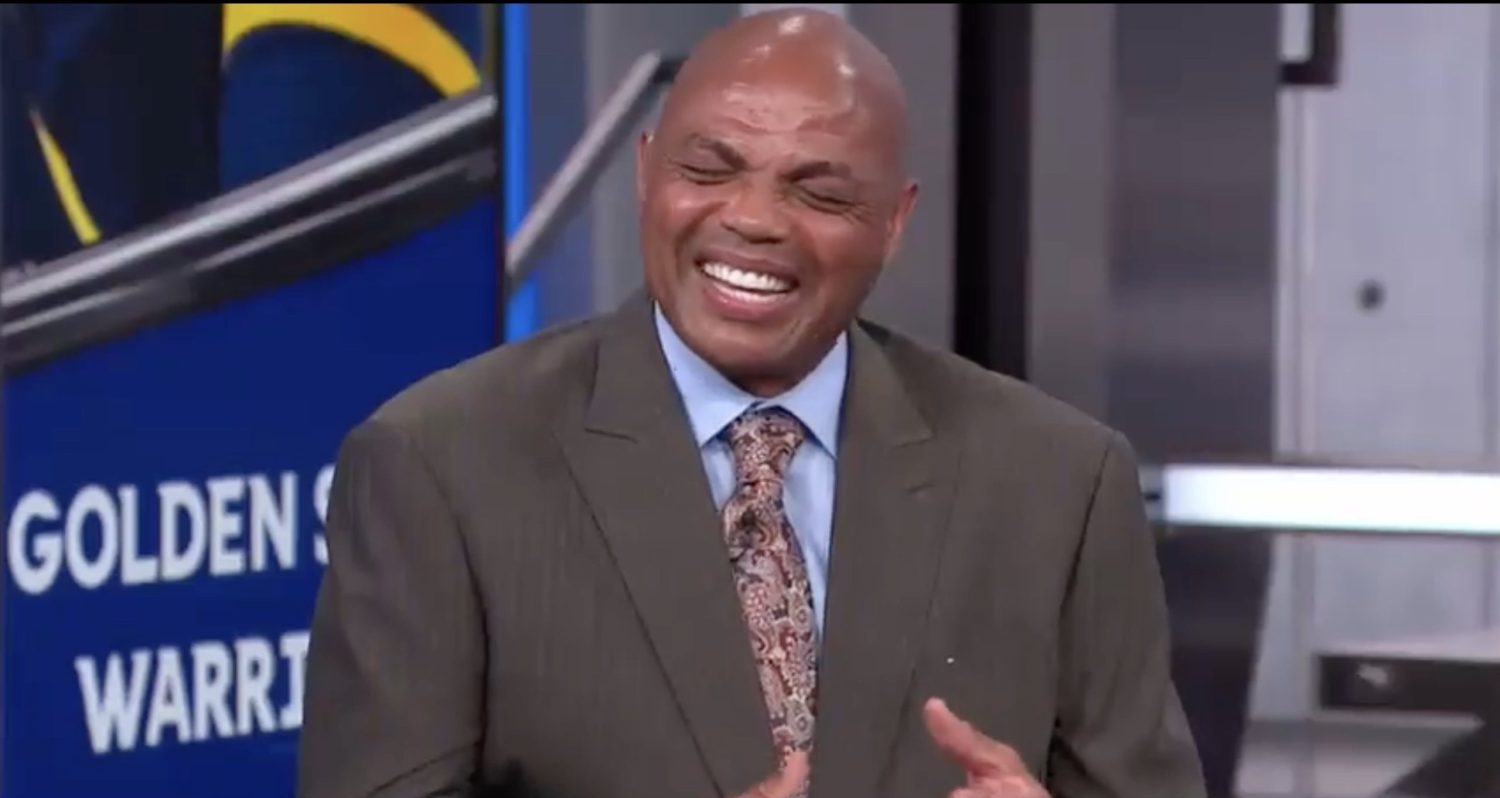
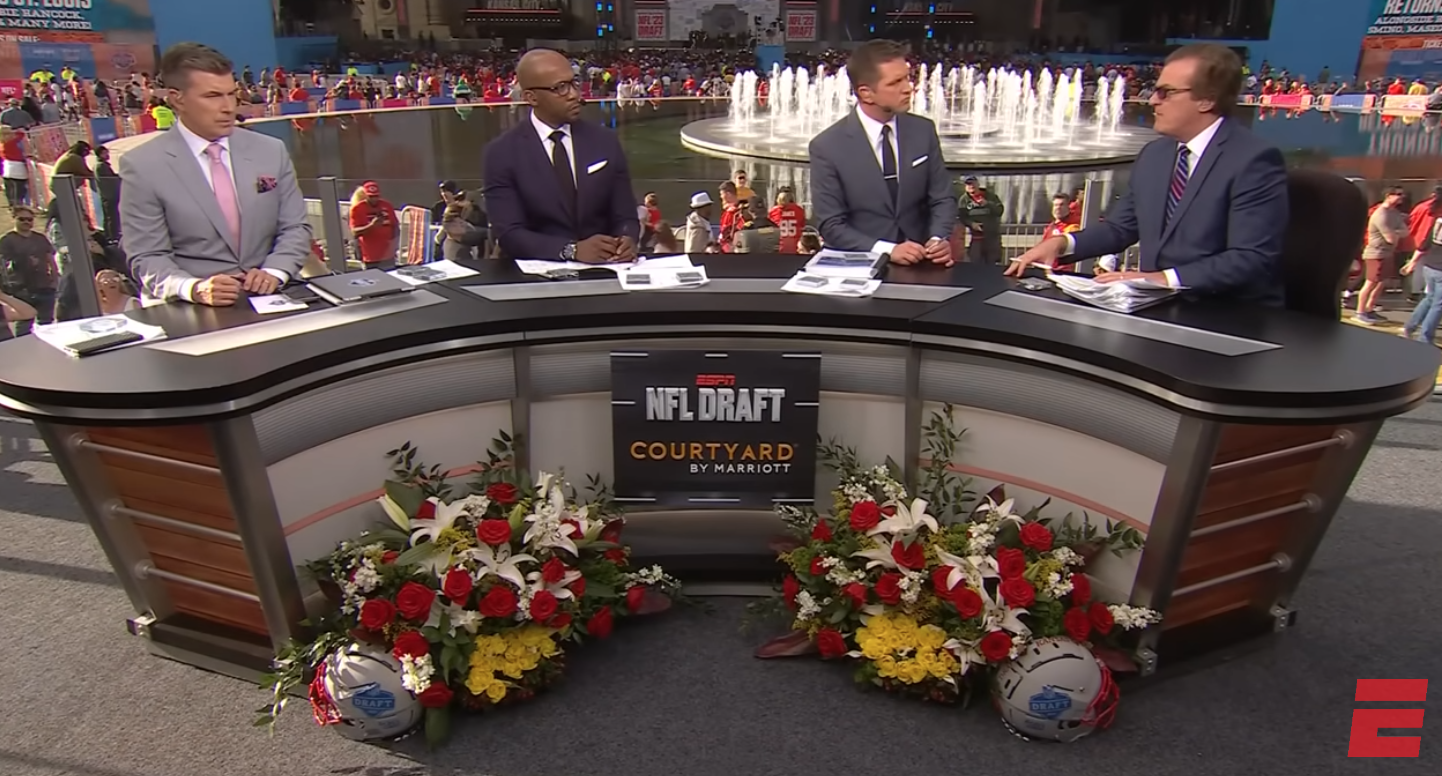
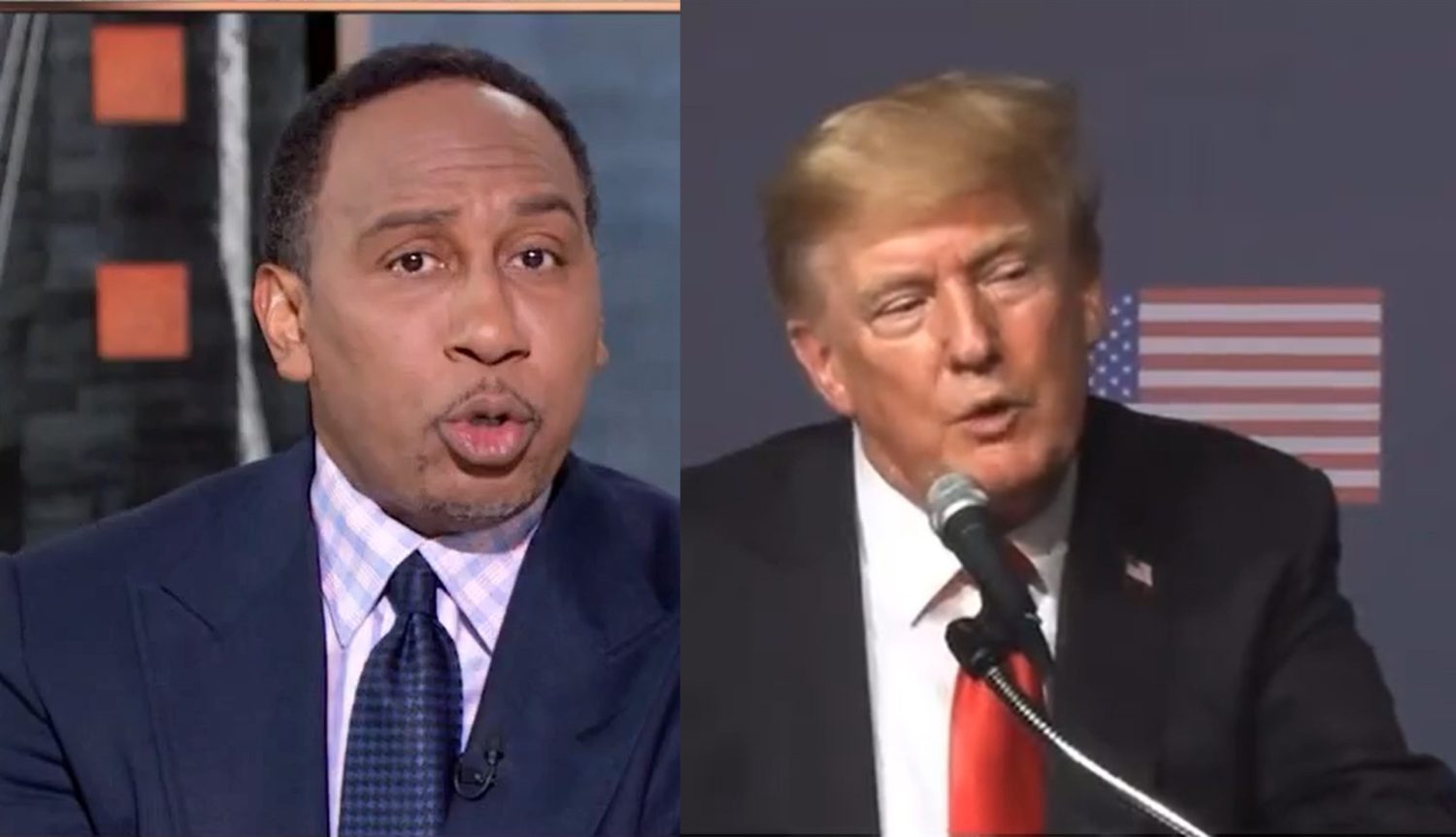
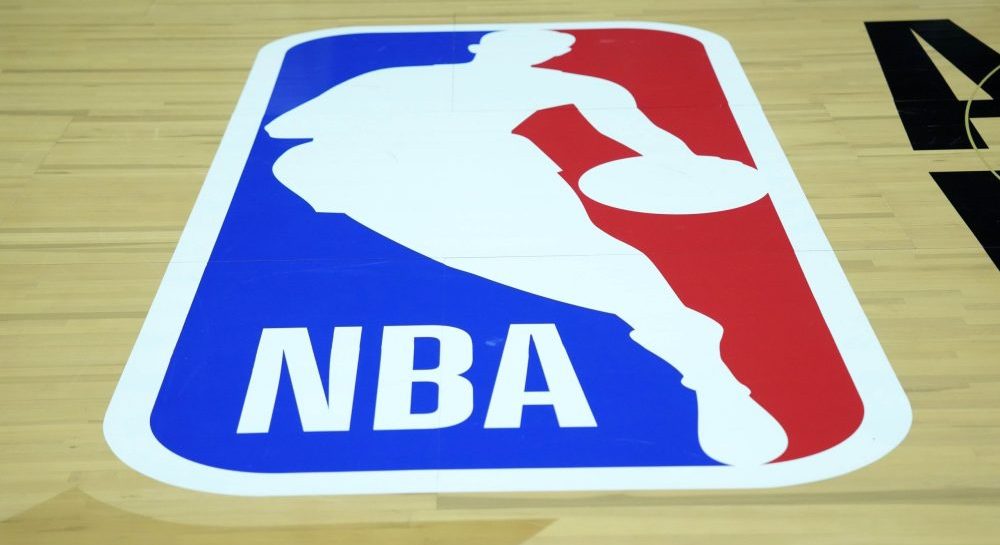
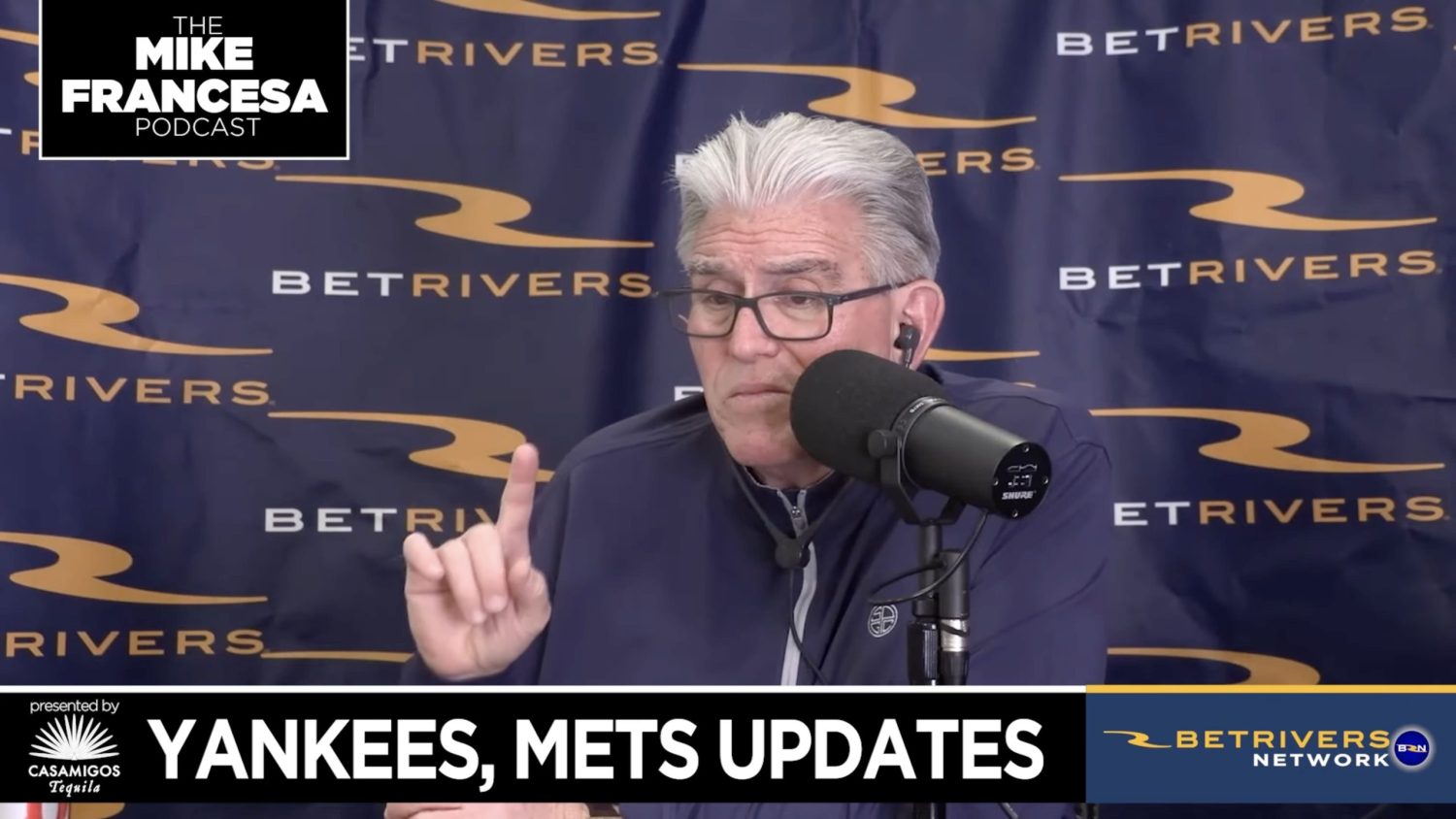
Comments are closed.